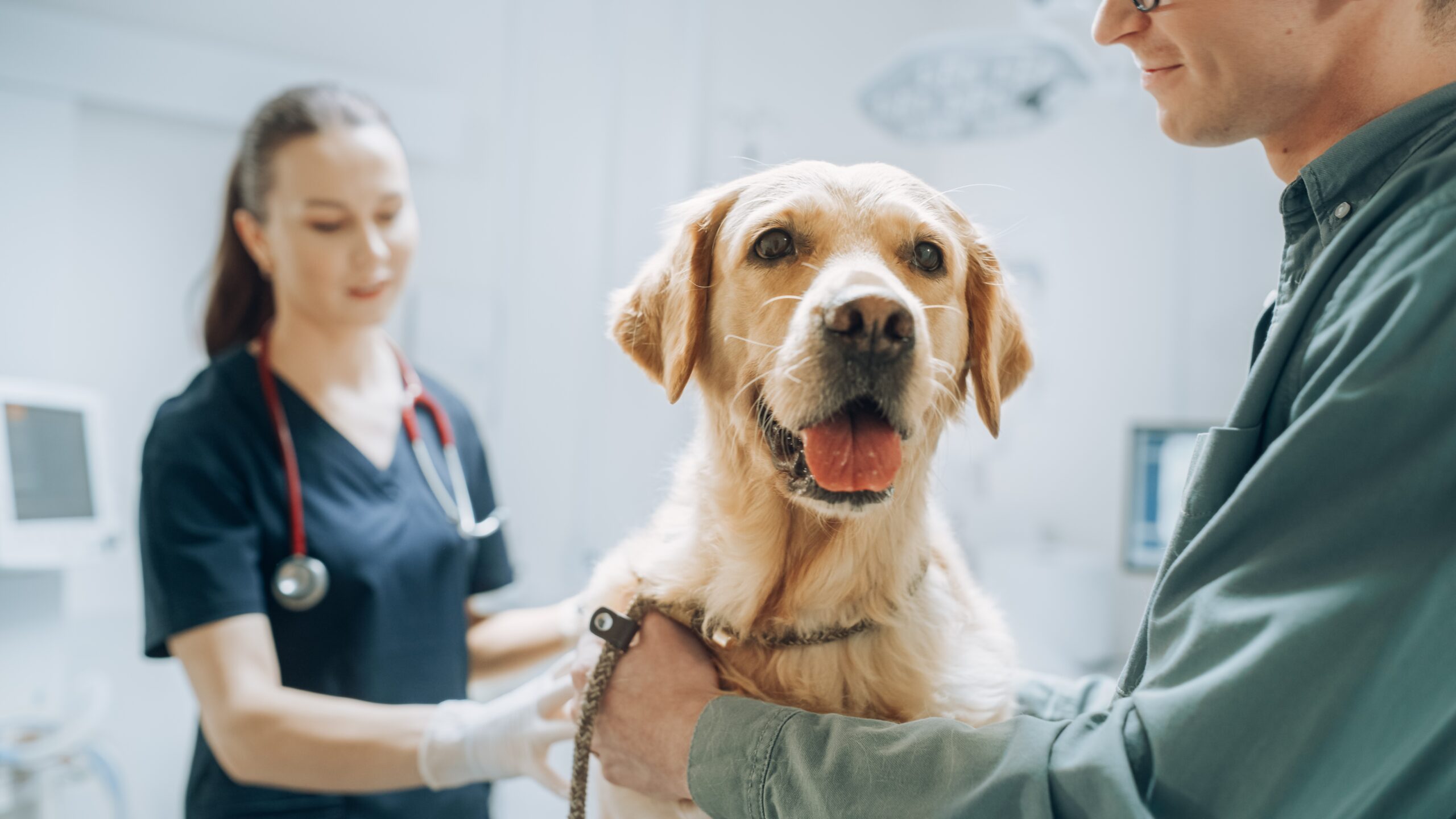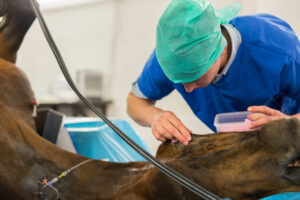It’s time to start preparing your clinic for the upcoming changes in the veterinary healthcare landscape. As the economy fluctuates, it’s vital to know the numbers and plan ahead. Understanding global market trends can help keep your practice ahead of the curve and on the cutting edge of your specialty. What opportunities are in store for your business? Dive into Animal Health Innovation’s report on global veterinary healthcare trends.
Veterinary Medications & Therapeutics See Sustained Growth
The largest companies in the veterinary medications market are expanding into new regions across the globe. This includes Zoetis building a new facility in Ireland and Boehringer Ingelheim increasing their presence in Asia.
Biologics and Biopharmaceutics Increase In Demand
As more biologics and biopharmaceuticals become available on the market, awareness among animal owners is also growing. This also leads to greater adoption of what had previously been written off as alternative medicine.
Grand View Research predicts the U.S. biologics market will nearly double by 2030 from around $2 billion to over $4 billion. Additionally, many of the large players, such as Zoetis, are developing biologics research programs.
Large Animal Care Increases in Demand
With socioeconomic uncertainty, the rise in temperatures, and an increase in livestock disease, large animal veterinary care will face a surge in demand. One of the greatest areas of care will be vaccinations and the prevention of epidemics.
Obesity-Related Care
One of the greatest ailments plaguing pets in the Western world is obesity. Chronic conditions associated with pet obesity continue to increase, including joint-related ailments and heart conditions.
An Increase In Veterinary Specialty Services
This deepening connection between pets and their owners has led to the belief that pets deserve access to medical treatments and interventions that have traditionally been developed for humans. There is a growing interest in exploring medical advancements, therapies, and treatments that have been proven to be effective in humans and adapting them for the benefit of pets. This has led to greater use of veterinary specialists.
The AMVA’s recent (as of 2022) provisional recognition of veterinary specialties in nephrology and urology reflects this trend.
Veterinary Practices Bring More Services In-House
One trend we have seen over the past decade is an increase in in-house offerings from veterinary clinics. With the advancement of technology, more practices can keep lab testing and specialized care within their walls. Once considered too expensive and too technically specialized, we are seeing vets investing in technology for increased services and a competitive edge.
Technology & Innovation: Genetic Testing, AI, & Telehealth
Artificial intelligence, telehealth, and genetic testing have taken the veterinary world by storm. Telehealth kept many vets afloat during the pandemic and continues to provide greater access to care for pet owners, globally.
Artificial intelligence has provided much relief to veterinary staff when it comes to operations. It is also being utilized in diagnoses and pet owner education.
Not only are pet owners more interested in their pets’ breeds breakdown, but they are also investing in tests to better understand their pets’ genetic predisposition to health risks.
Veterinary Burnout
Increased caseloads continue to be a burden on the industry. Unfortunately, this issue in veterinary well-being will continue to be an issue. We strongly encourage all practice owners to invest in their mental health and the health of their staff.
Notably, Spain, Italy, the UK, Australia, and Germany have the lowest pet-to-vet ratios. Russia, the US, Canada, and France have the highest pet-to-vet ratios.
As the veterinary healthcare landscape continues to evolve, staying informed about global market trends and embracing technological advancements is crucial. If you stay nimble and informed, your veterinary clinics will remain competitive while you provide the highest level of care to pets. If you have yet to implement a mental wellness plan for your clinic, make it a priority to do so.
Position your practice ahead of the curve with the right technology. Learn about the latest in veterinary devices.
Image credit: Shutterstock / Gorodenkoff




